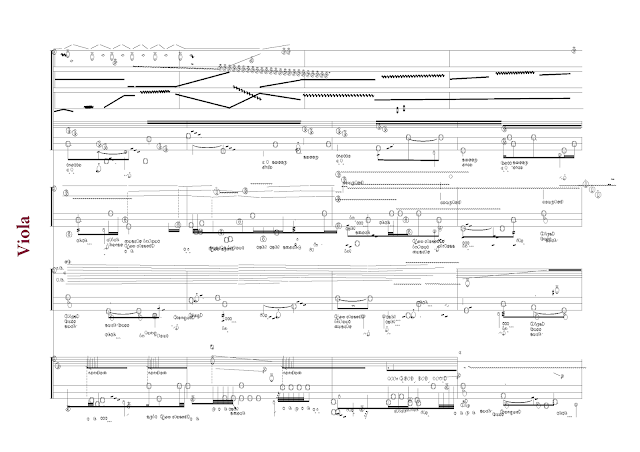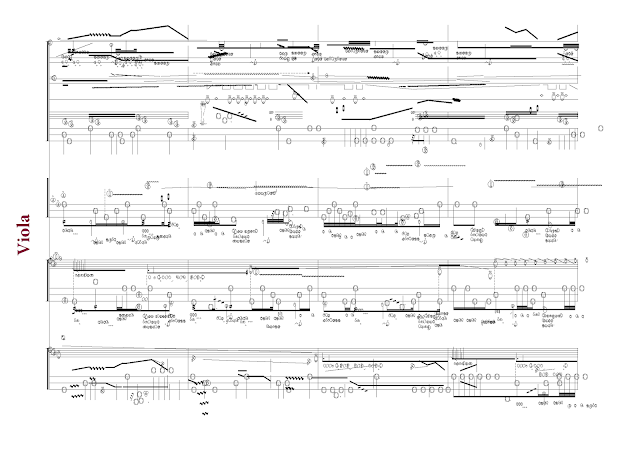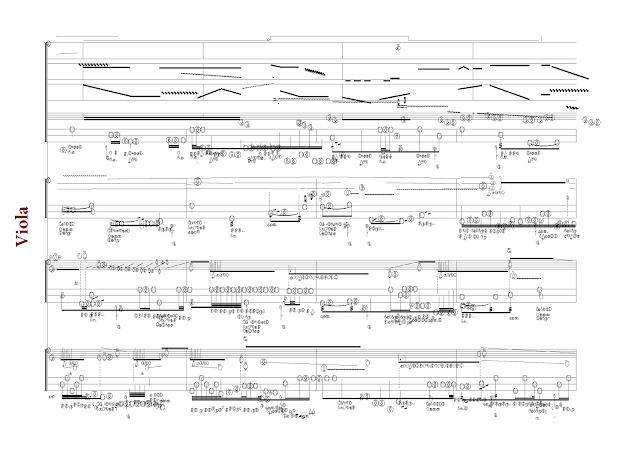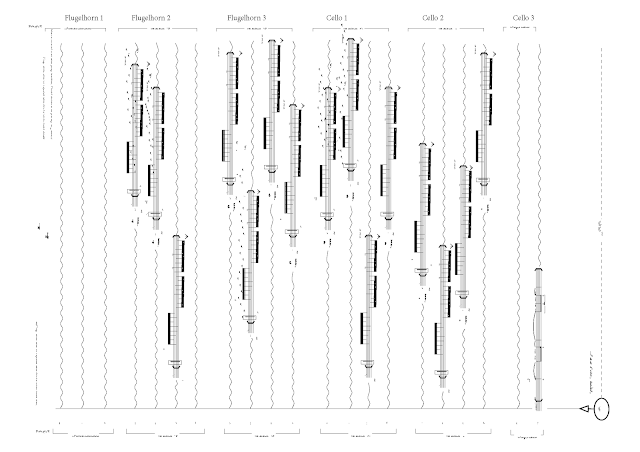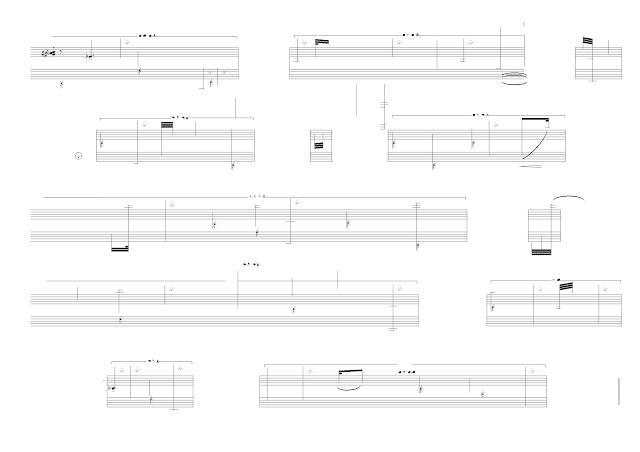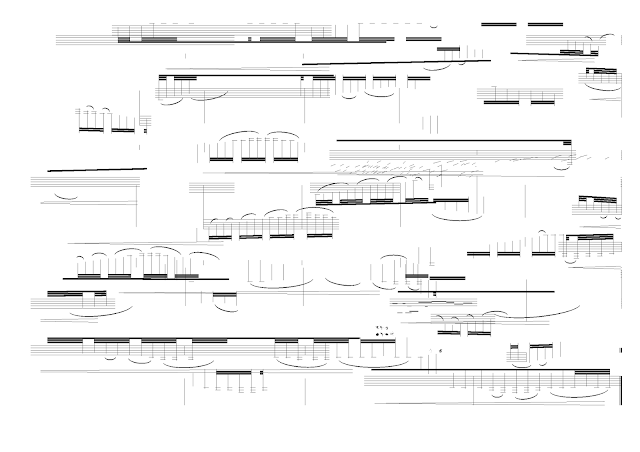As a post-conceptual composer I have no control over the way a listener will perceive my work.
Anything that calls attention to and interests the listener lends understanding to the composition or at least positions it in a paradoxical situation (such as logic vs. illogic). Some of my ideas are logical in conception and realization. Some emphasize the physical aspects of the listener engendering a (potentially false) belief that the composer is in favor of avoiding subjectivity. And yet, other ideas can obviate the necessity of a belief entirely.
Like good movie making, post-conceptual composition is good only when the “after idea” is good. Consider the story of an editor. He has escaped into some other era where writers work feverishly to develop a cure for the total work. In fact, it is intuitive. It is involved with all types of mental processes. And it is purposeful.








